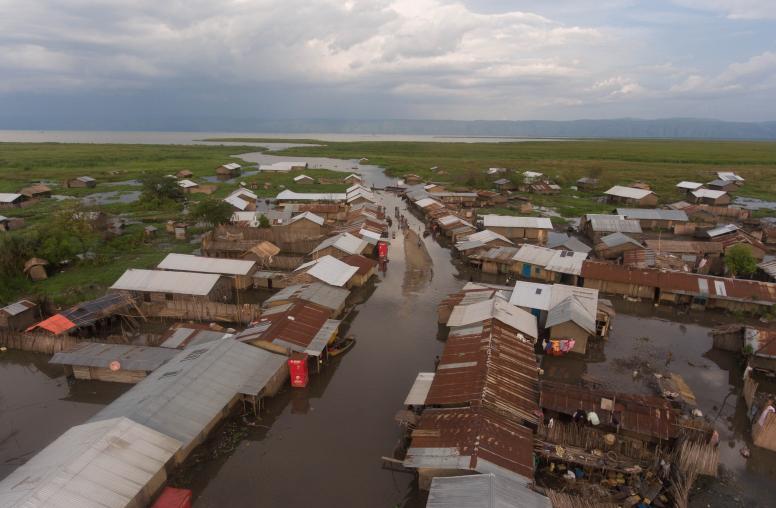RESOLVE Network 2020 Global Forum
Violent Extremism in 2020 and Beyond
Read the event coverageThe year 2020 has ushered in rapid and significant shifts in existing threats to global security. From the COVID-19 pandemic to climate change and longstanding violent conflict, the pressures facing our current global system are increasingly complex and all-encompassing. Among these, violent extremism remains a significant challenge—shifting as actors adapt and take advantage of ongoing and emerging global shocks and sources of instability.
How has the violent extremism landscape changed in the five years since the “fall” of ISIS? How has rising global instability, populism, and disinformation altered violent extremist operations and ideologies, and vice versa? What challenges do we face in addressing violent extremism in the new threat landscape? Can we apply any lessons from past experiences to address emerging threats and dynamics in 2020 and beyond?
On November 19, the RESOLVE Network and USIP held a discussion about these challenges and more during part one of RESOLVE’s fifth annual Global Forum series. Convened virtually, the forum brought together leading experts and researchers for thought-provoking conversations on evolving trends and dynamics in the violent extremist landscape.
For more on the 2020 RESOLVE Global Forum series, follow us on Twitter at @resolvenet, and join the conversation with #RESOLVEForum.
2019 Global Forum: Resetting Priorities to Address Violent Extremist Threats
2018 Global Forum: Innovative Approaches to Understanding Violent Extremism
2017 Global Forum: Confronting the Next Wave of Violent Extremism
2016 Global Forum: Violent Extremism: Setting Priorities for Research
Speakers
Dr. Alastair Reed, opening remarks
Senior Expert and Executive Director of the RESOLVE Network
Dr. Mary Beth Altier
Clinical Associate Professor, Center for Global Affairs, New York University
Dr. Amarnath Amarasingam
Assistant Professor, School of Religion, Queen’s University, member of the RESOLVE Research Advisory Council
Dr. Colin P. Clarke
Senior Research Fellow, The Soufan Center, member of the RESOLVE Research Advisory Council



